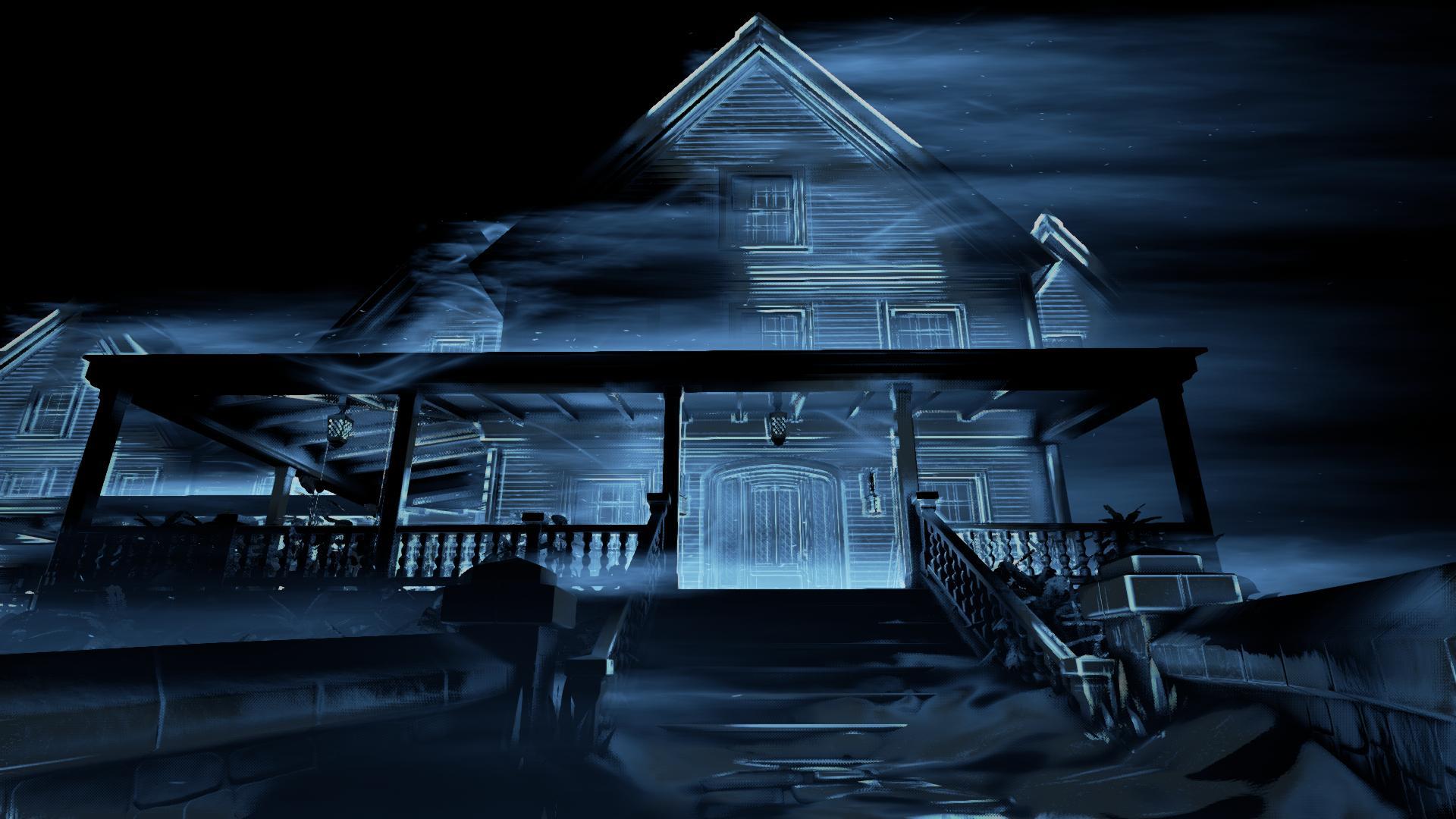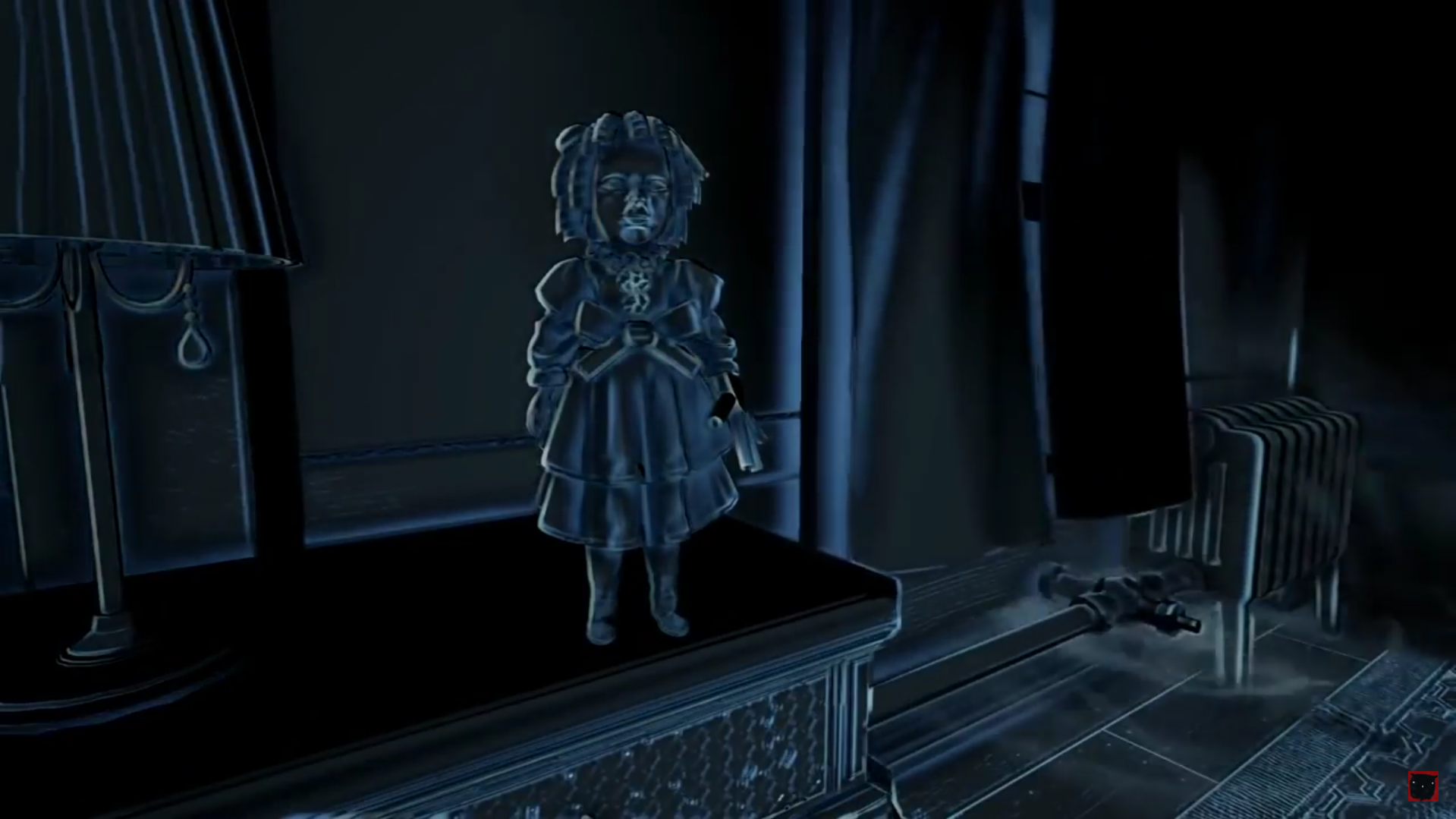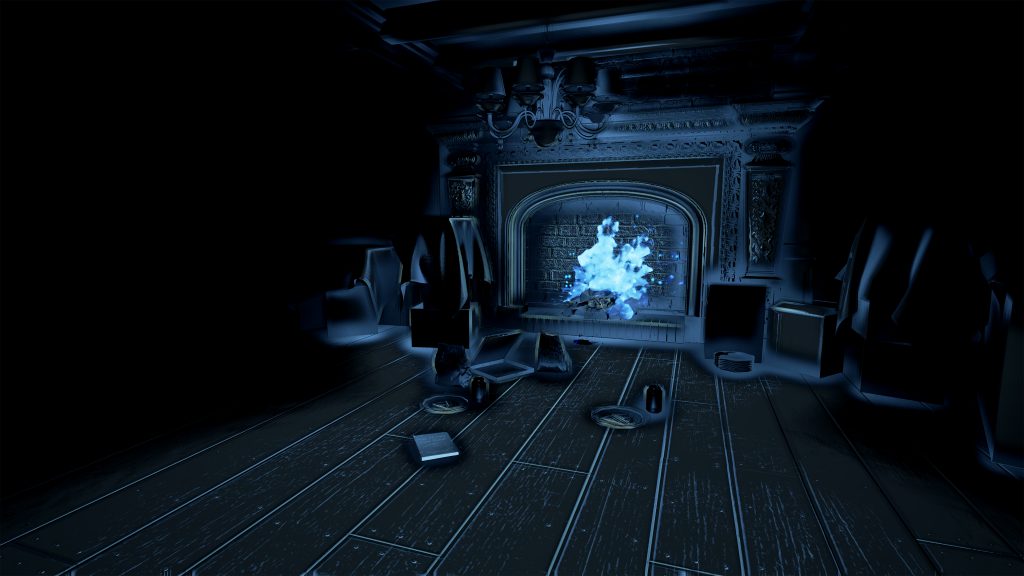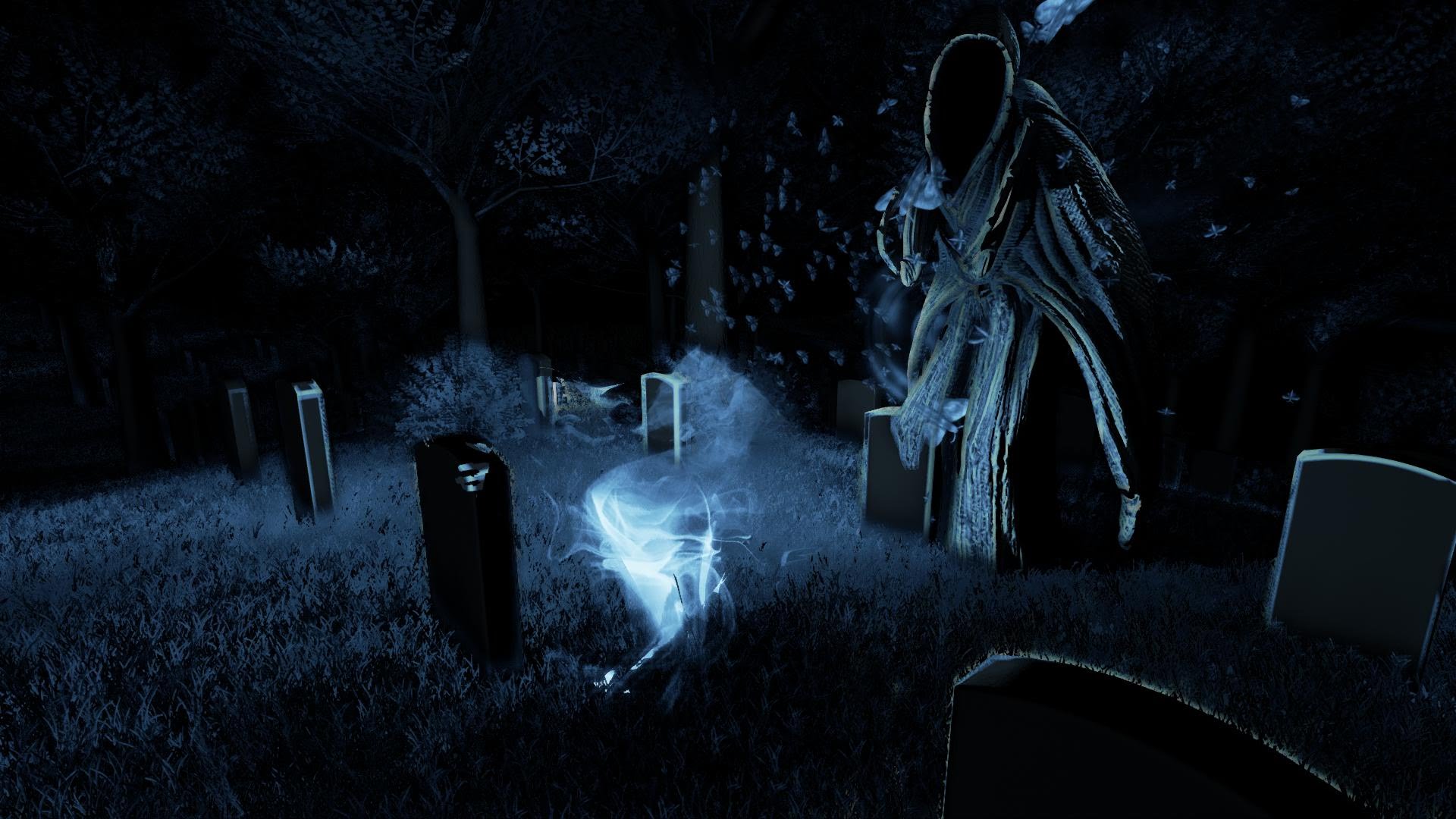Science and Religion have a rocky relationship, to say the least, especially since scientists have pretty much put to bed the idea that God created the Heavens and the Earth with the Big Bang theory (and I don’t mean the TV show). Despite people coming to terms with the lack of a higher being there is still a fascination with the perception of the paranormal.
Whether it be in the form of a horror film, stories being told around a campfire or even a tale being told through the media of video games, people can’t seem to shake off this interest in life after death.
The difficulty is it’s not something you can prove one way or another; what’s to say that a Spiritualist is nothing more than a sufferer of schizophrenia or that someone who has voices in their head isn’t mentally ill but is actually hearing the voice of spirits around them?
Whether you’re a believer or not though many people still find a strange beauty in ghost stories, and game developers are possibly in the best driving seat to be passing on these spooky tales. You may argue nothing is more powerful than the imagination as you concoct a story at a sleepover to scare your friends, and I’m not saying that movies don’t bring stories to life either.
But, the one thing they can’t do which a video game can, is put you right into the heart of the action. And what The Deep End Games have done with Perception isn’t just create another video game with some weak ass plot, they’ve created a unique play style that is so intriguing because it is based on the fact you control a visually impaired individual who uses echolocation to help her find her way.

Now it has been a while since I’ve actually played a horror game based on a ghost story, usually, you’re just left with zombies, monsters or crazy village people like the ones in Outlast 2.
In fact, when I first started playing Perception I wasn’t really a big fan but in my mind, I was comparing it to things it can’t possibly be compared to. Then I interviewed Amanda Gardner, the game’s writer, and after something she said I began to think; I wouldn’t compare Casper to The Night of the Living Dead, so why was I doing it with Perception? Once I then dropped the idea that all horror games are similar I started to appreciate what was going on a whole lot more.
I began thinking as to what makes a good ghost story, so I could assess the one that I was about to become a part of. Personally, there needs to be a solid foundation as to why there is a ghost; a pilot whose plane crashed during a WWII firefight, an innocent prisoner who was wrongly sentenced to death or the spirit of a child who was murdered by their parents then made to look like she disappeared from their Portuguese holiday apartment.
You then need to have a reason for people to be where the story takes place, moving into houses being built on Indian burial grounds being a personal favourite. And finally, you need an ending where the ghostly creature either passes on to the other side nicely as you’ve helped them finish whatever business they had left on the Earth plane or pretty much everybody dies.

Now I’m not going to spoil the ending of Perception because, well, I’m not a total dick. However, I will mention that the game covers the main aspects of what, in my eyes, makes a good ghost story. Cassie, a blind schoolgirl has been having nightmares that take place in an unknown haunted house, so she does what any insane person does and goes to track down the house to confront her nightmare.
The thing is, Cassie isn’t exactly normal. She’s partially sighted and so to get around uses echolocation to help her see where she’s going, the same technique used by bats to help them navigate and find food in the dark. Whilst in the house she saw in her nightmares, she uses her handy cane to help her find her way but finds more than what she bargained for.
I wouldn’t say that Perception’s story was as good as anything by the horror master that is Stephen King, but it was a decent enough attempt, although I’d have personally liked to be fed a little more of the story as to why Cassie was at the house before you get there. I have to admit though that the idea of using echolocation is unique to me, that’s not to say no one else has tried to develop this into their games, and using it in Perception caused quite a stir in the gaming community.
I think one of the great things about its inclusion though having chatted with Amanda, was discovering that they spoke to quite a few people to use their experiences to try and make the game as realistic as possible. And I know that during development this was very difficult, requiring constant tweaking until the guys were completely happy with how effective the echolocation worked and how much of the room each tap of the stick would show.
At times Perception does seem to flow really well, but personally, you could see a little too much just by walking from room to room. However, I’m not blind, nor do we know how bad Cassie’s sight impairment is, so maybe I’m just being overly critical.

There are some other really nice features in Perception too, such as an app on Cassie’s phone that can convert text to speech for any documents or images you find, helping you to piece together parts of the story as you go along. I did have a couple of issues with this though. It wasn’t that the app was unrealistic or useless, it was that on a couple of occasions, it wouldn’t let me close down the screen and just kept repeating what it was reading again and again. It was easy enough to resolve by exiting and restarting from the previous checkpoint, but it was frustrating because it kept happening just as I was settling into things.
Graphically Perception does really well, keeping a simple colour scheme that distinguishes between the dark world you’re in and the sounds around that help light it up for you. As you step outside of the house the gusty winds hitting objects around you really make use of the echolocation, probably giving you the best glimpse of the world around you.
Then you have leaking pipes and radios that have been left on that help light up areas of the house, meaning you can keep the use of your stick to a minimum, something that proves to be important. That’s because the more sound you make causes the spirit in the house to appear and kill you. So, despite needing sound to see, you’ll have to use it wisely and rely on the natural sounds around you to find out why this house has been haunting your dreams.

Overall thoughts on Perception
Overall the concept of Perception is its biggest selling point; something different, never quite done before in a genre that is currently peaking like no other. There’s a nice story to it but nothing that is going to win any major literary prizes, however, it does have real potential if a few tweaks were made, but that’s just personal taste.
By far the most impressive part of Perception is how well the research that was done looking at people with visual impairments and the issues they face to get through each day has been transferred into the game. It’s far from perfect, probably in that category of being good but not great, however with a little work, I do think it could be taken to that next level.
Perception is available to play now on Nintendo Switch, PlayStation 4, Microsoft Windows, and Xbox One. For even more game reviews, click right here.